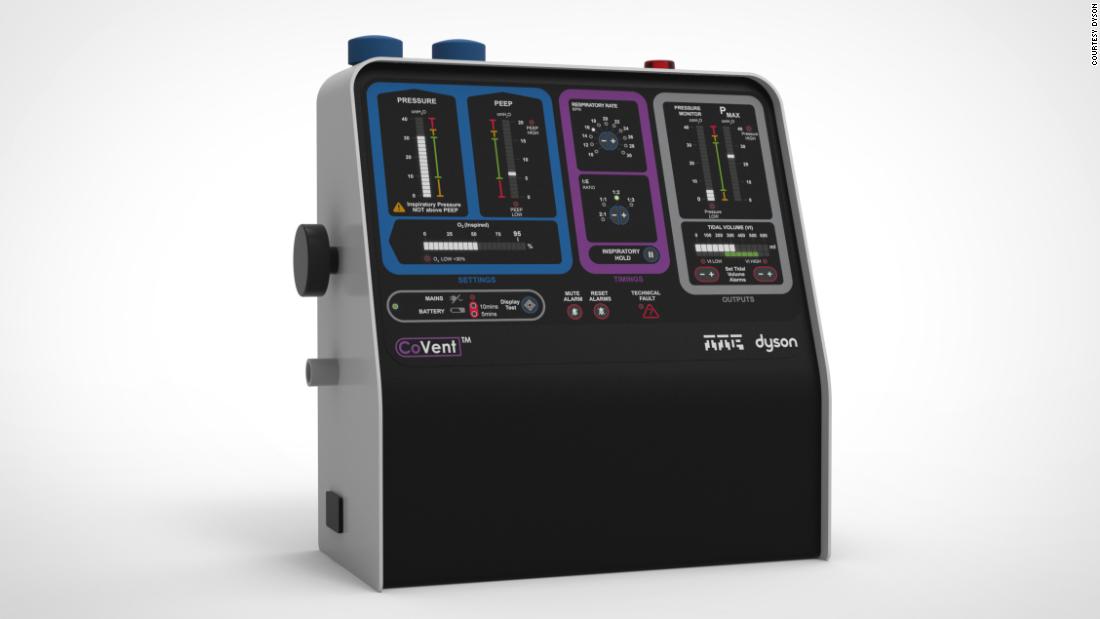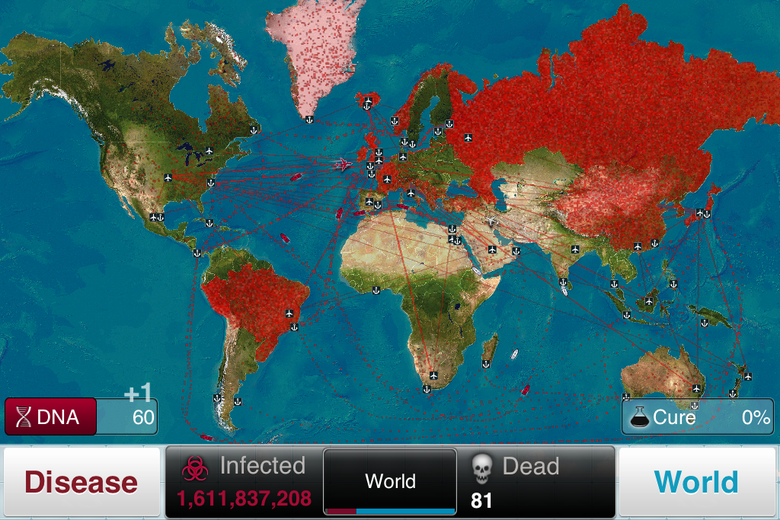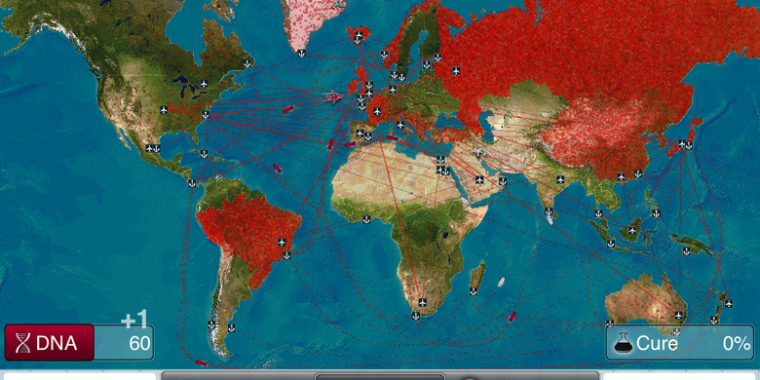In a number of critical cases of COVID-19, a hyper-vigilant immune response is triggered in patients that, if untreated, can itself prove fatal. Fortunately, some pharmaceutical treatments are available—although it’s not yet fully understood how well they might work in addressing the new coronavirus.
Meanwhile, a new blood filtration technology has successfully treated other, similar hyper-vigilant immune syndromes for people who underwent heart surgeries and the critically ill. Which could make it a possibly effective therapy (albeit still not FDA-approved) for some severe COVID-19 cases.
Inflammation, says Phillip Chan—an M.D./PhD and CEO of the New Jersey-based company
CytoSorbents—is the body's way of dealing with infection and injury. It’s why burns and sprained ankles turn red and swell up. “That’s the body’s way of bringing oxygen and nutrients to heal,” he said.
Inflammation across most or all of the body, so-called
systemic inflammation, can be productive in fighting off a flu, for instance. Or, potentially, in combating the new coronavirus. (COVID-19 is the name of the disease caused by that virus.)
One of the mediators of inflammation in the body are proteins called
cytokines. As the world
well knows, COVID-19 in some patients devolves into a severe and deadly condition. Some doctors are now arguing that those severe infections require treatment for a patient’s increasingly desperate immune response to the coronavirus.
This is where medicine could make a possibly crucial intervention. Turning back the “
storm” of cytokines in severe COVID-19 patients may seem like the opposite of what doctors should be doing. After all, it’s effectively telling the body to pull back a bit in its immune response to the viral invader.
“A life threatening infection can often result in a massive immune response,” Chan says. “It’s like a chaotic four alarm fire, when all semblance of organization is lost. The immune system goes into overdrive, churning out inflammatory mediators called cytokines at a very high rate, that then trigger even more cytokine production. Ultimately, this spiral, called a cytokine storm, can directly damage organs and cause such severe whole body inflammation that vital organs like the lungs, heart, and kidneys begin to fail.”
In other words, some of these severe COVID-19 cases, he says, may be creating a new and possibly treatable problem beyond the novel coronavirus infection. “Severe inflammation in the lungs causes the blood vessels in the lungs to become leaky, resulting in inflammatory cells, fluid, and chemicals to fill the air sacs of the lung, essentially drowning a patient from the inside out,” Chan says. “Physicians dealing with COVID-19 pneumonia call it the worst viral pneumonia they have ever seen, resulting in the need for weeks of mechanical ventilation while the lungs try to recover."
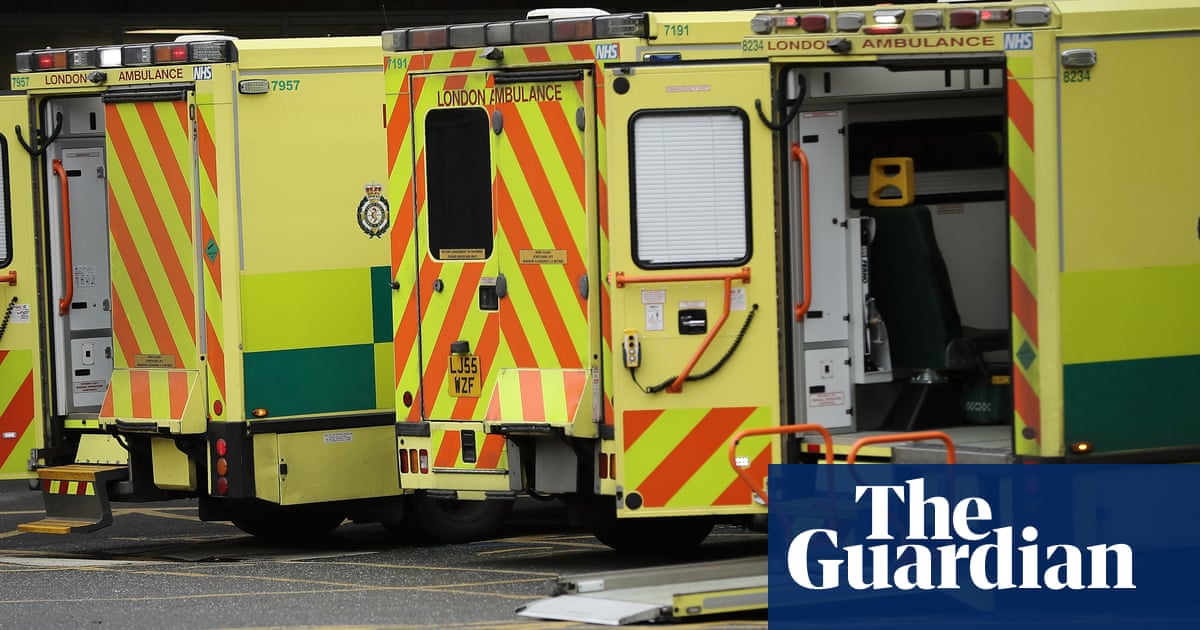




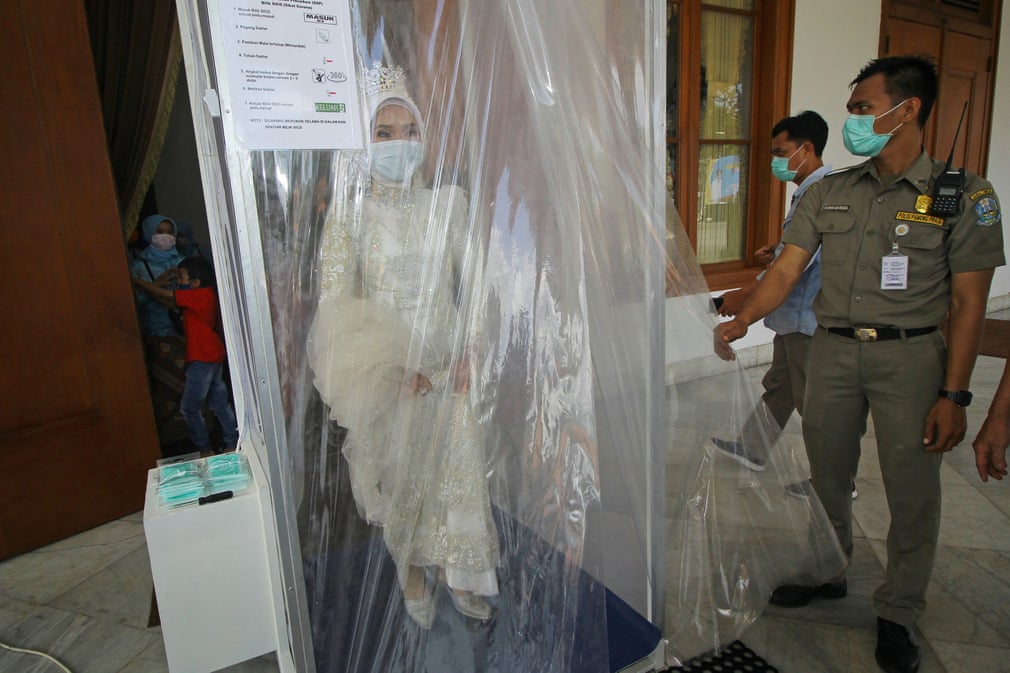
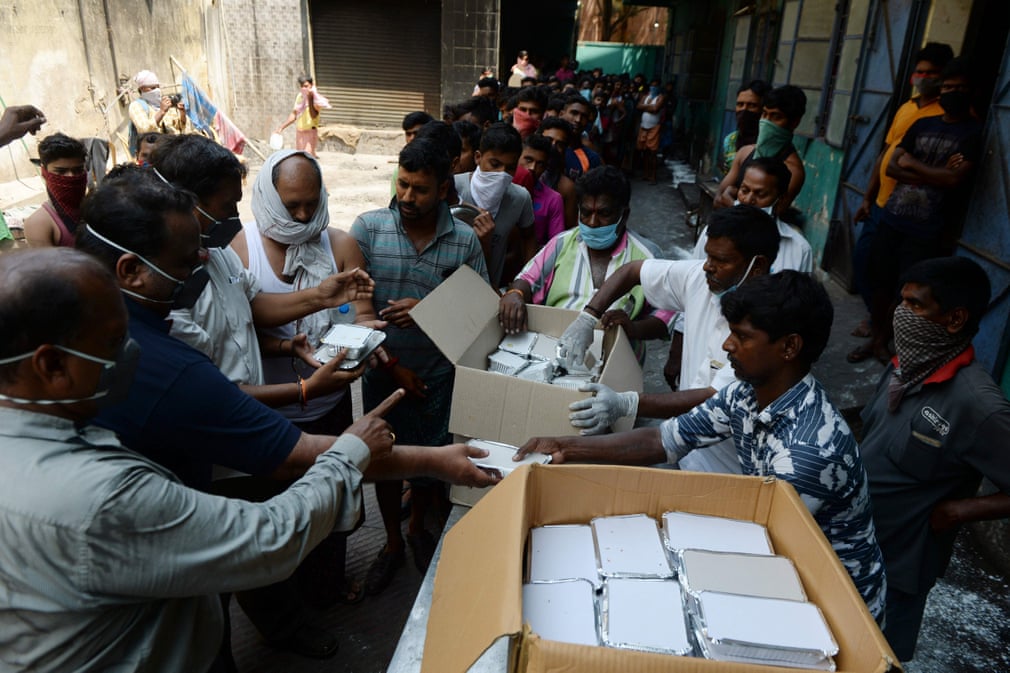
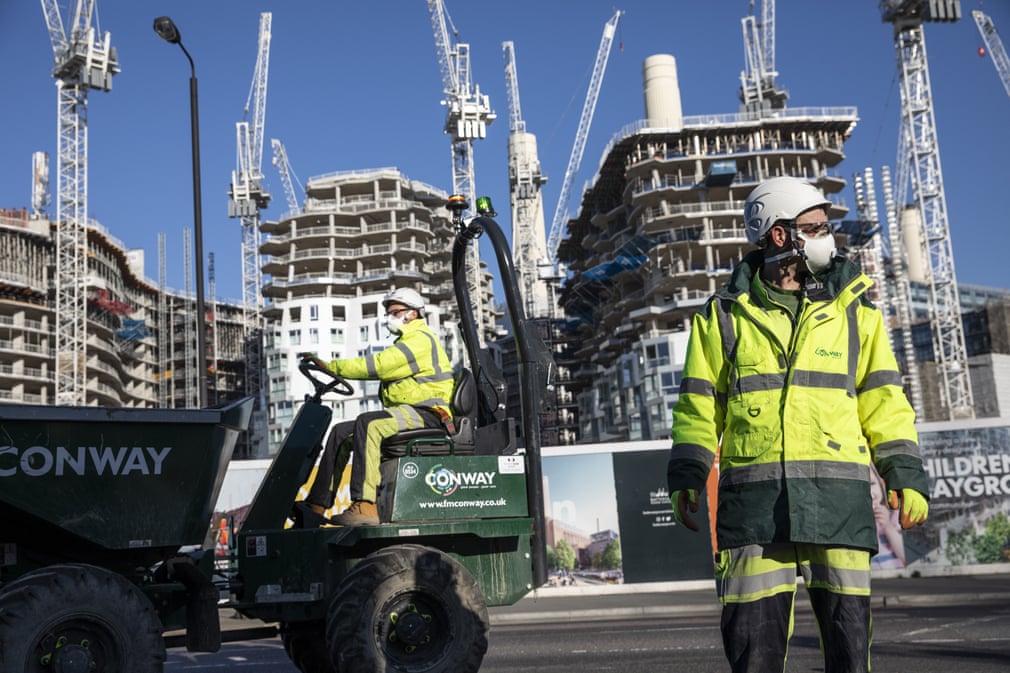

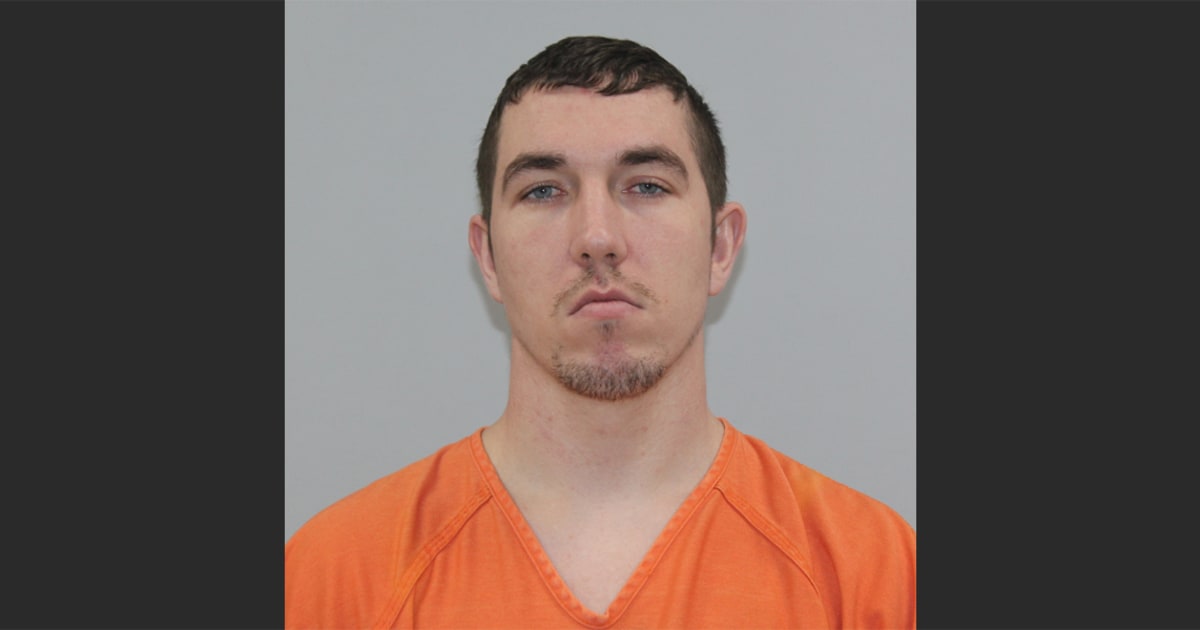
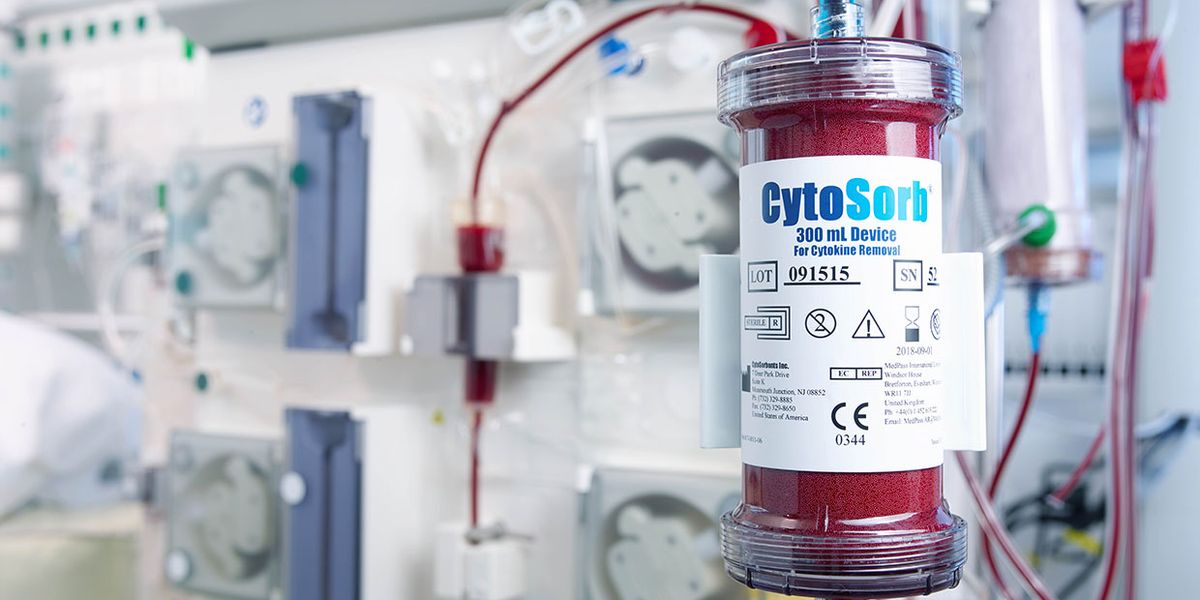

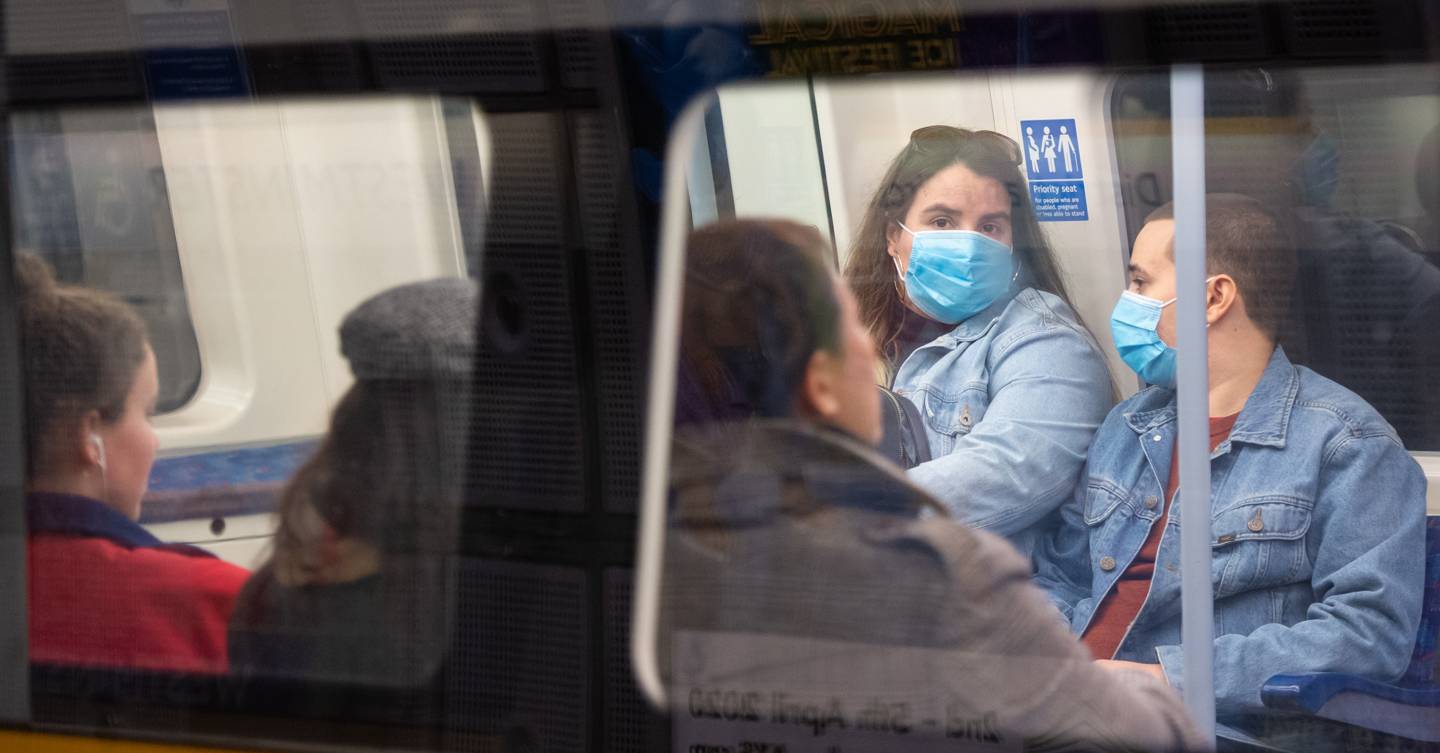
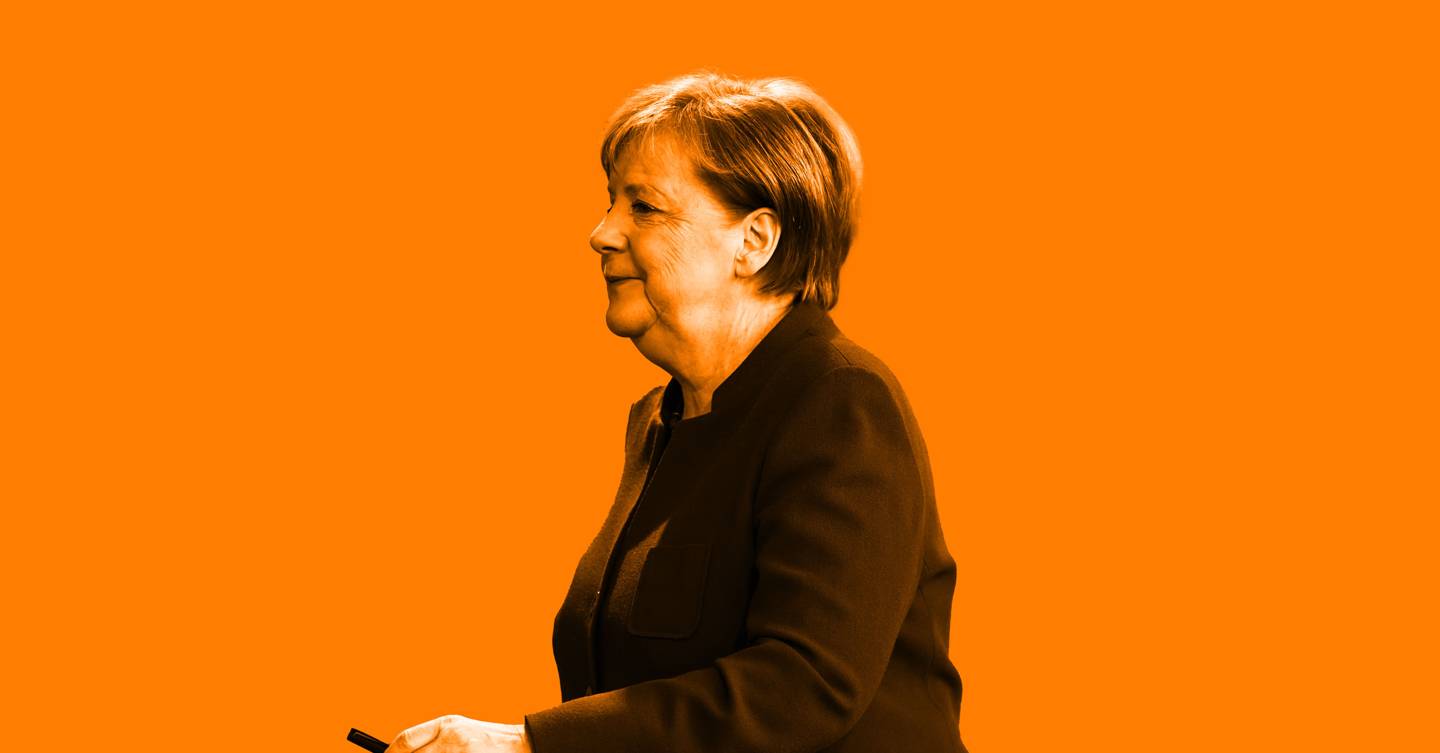

 PTSDtä pukkaa. Hyvät ihmiset kunnioittakaa näitä ihmisiä ja yrittäkää parhaanne, sillä teidän elämänne on kiinni näistä henkilöistä ja meillä niitä on hyvin, hyvin rajallinen määrä. Älkää hyppikö niiden nenille, taikka nalkuta asioita. Sama koskee kaikkia hoitijia. Ne on ihmisiä ja niillä on tunteet. Omasta kokemuksesta voin kertoa että pimeään huoneeseen voi lukkiutua helposti ja Suomessa se yksinäisyys tulee helposti. Joten antakaa niille rauha ja yrittäkää piristää niiden päivää, vaikka olisitte kivuissa ja tekisi mieli huutaa kurkku suorana. Ne välittää teistä ja ei ole mitenkään helpoa sulkea niitä tunteita kun hoitaa toista. Sitä ennemmin yrittää vain hymyillä vaikka tekisi mieli surra.
PTSDtä pukkaa. Hyvät ihmiset kunnioittakaa näitä ihmisiä ja yrittäkää parhaanne, sillä teidän elämänne on kiinni näistä henkilöistä ja meillä niitä on hyvin, hyvin rajallinen määrä. Älkää hyppikö niiden nenille, taikka nalkuta asioita. Sama koskee kaikkia hoitijia. Ne on ihmisiä ja niillä on tunteet. Omasta kokemuksesta voin kertoa että pimeään huoneeseen voi lukkiutua helposti ja Suomessa se yksinäisyys tulee helposti. Joten antakaa niille rauha ja yrittäkää piristää niiden päivää, vaikka olisitte kivuissa ja tekisi mieli huutaa kurkku suorana. Ne välittää teistä ja ei ole mitenkään helpoa sulkea niitä tunteita kun hoitaa toista. Sitä ennemmin yrittää vain hymyillä vaikka tekisi mieli surra.